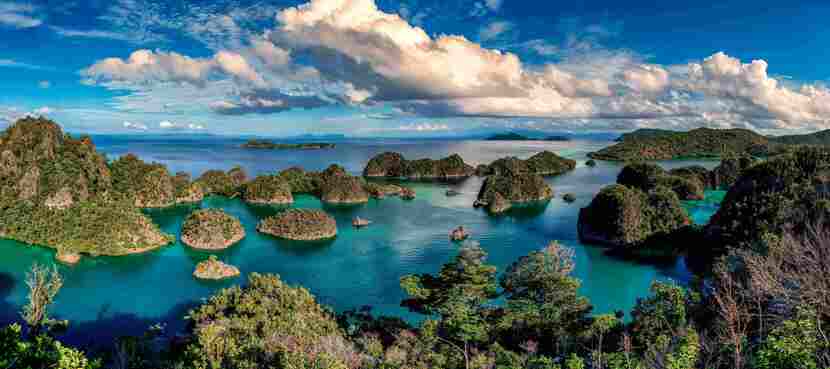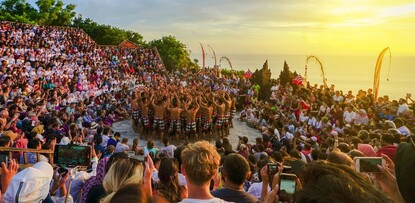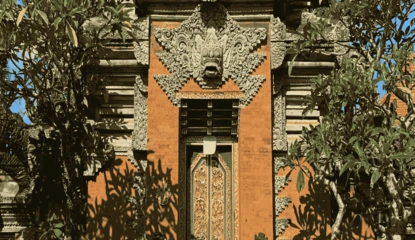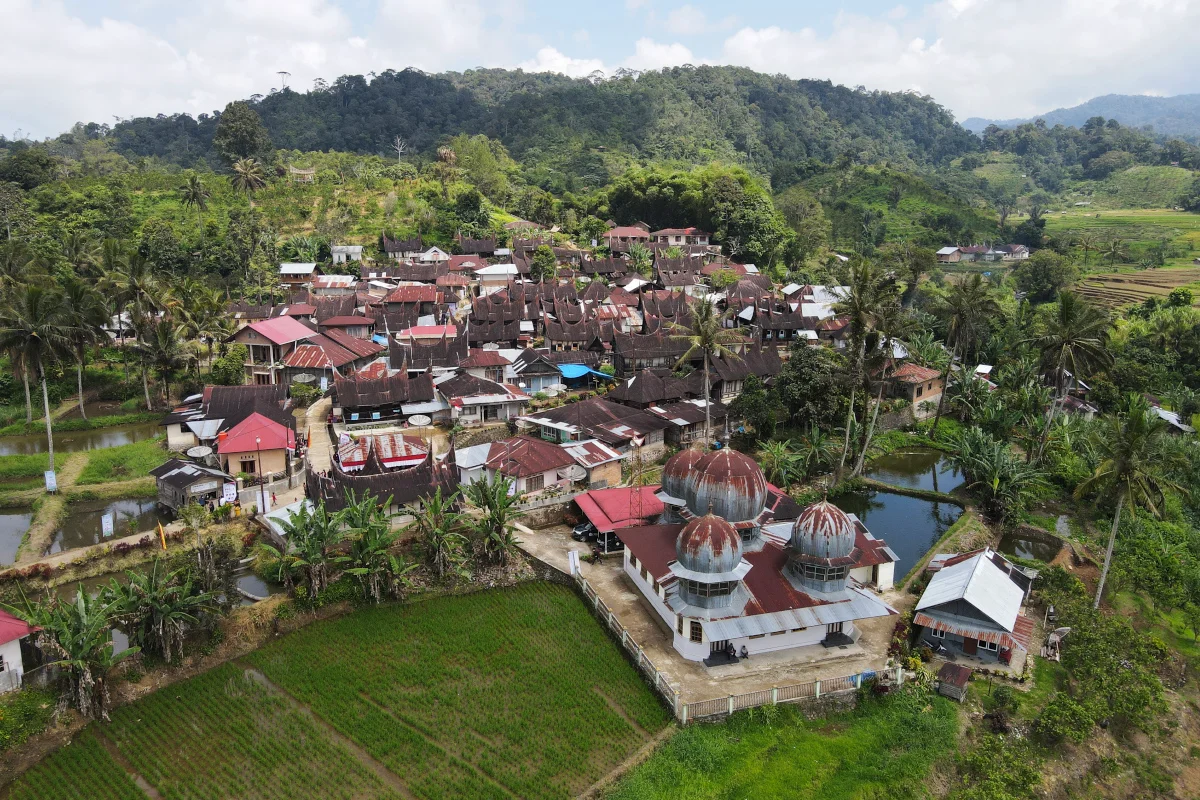Aceh Province, located on the northern tip of Sumatra, is widely known as the "Veranda of Mecca" (Serambi Mekkah), a title that reflects its centuries-old role as a center of Islam in Indonesia. While Aceh's Islamic identity is central to its history, it is essential to note that the province also has historical connections with other religions, including Hinduism, Buddhism, and animism.
Islam: The Dominant Religion
Islam is the predominant religion in Aceh, and the province plays a unique and vital role in Indonesia's Islamic history. It is widely believed that Aceh was one of the first areas in Southeast Asia to embrace Islam, introduced through trade routes as early as the 7th or 8th century.
Historical Significance of Islam in Aceh:
- The Kingdom of Samudra Pasai (13th century) was among the first Islamic polities in the region, helping spread Islam throughout the Indonesian archipelago. It became a hub of Islamic learning, attracting scholars and clerics from various parts of the Islamic world.
- Later, the Aceh Sultanate (16th–17th centuries) rose to prominence and solidified Aceh as a religious, economic, and political center. Islamic teachings, particularly those based on Sunni Shafi'i jurisprudence, became deeply embedded into Acehnese society.
Islam in Aceh is practiced with devotion, and the province is known for its strict adherence to Islamic norms and rituals. Following the autonomy granted in 2005, Aceh became the only province in Indonesia to formally implement Sharia law, which governs aspects of public life, such as dress codes, public conduct, and family law.
While Islam dominates contemporary Aceh, it coexists with traces of other faiths that have played a role in shaping the region's identity.
Pre-Islamic Religions: Hinduism and Buddhism
Before Islam became the defining characteristic of Aceh, the region was influenced by Hinduism and Buddhism. These religions arrived in Aceh through extensive trade networks connecting Southeast Asia to South Asia and China. Evidence of this influence is seen in archaeological findings, inscriptions, and historical records.
Hindu-Buddhist Influence:
- Aceh's earlier places of worship and its ancient artifacts provide evidence of Hindu and Buddhist kingdoms that existed prior to the arrival of Islam.
- Aceh was once part of the Srivijaya Empire, a powerful maritime Buddhist empire based in southern Sumatra. Its influence spread throughout the region, including Aceh, as evidenced by carvings and inscriptions found in the province.
- Traces of Hinduism are thought to have come from trade contacts with India and may have coexisted with Buddhism before the dominance of Islam.
Although Hinduism and Buddhism are no longer widely practiced in Aceh today, their cultural impact remains evident in the histories and traditions of the region.
Indigenous Beliefs and Animism
Before the arrival of organized religions such as Hinduism, Buddhism, and Islam, Aceh's original inhabitants practiced indigenous belief systems rooted in animism. These traditional practices were closely tied to the local environment, nature, and ancestor worship.
Survival of Indigenous Practices:
- Even after the spread of Islam, some elements of these indigenous beliefs continued to influence aspects of Acehnese culture. For example, practices such as seeking blessings from nature, traditional healing rituals, and certain local customs have roots in animistic traditions.
- These remnants were often incorporated into Islamic practices, forming a unique blend of religion and local culture.
Christianity in Aceh
Christianity is a minority religion in Aceh Province, with a small number of adherents, primarily among migrants from other parts of Indonesia. Indonesia as a whole is known for its religious diversity, but Aceh remains one of the least religiously diverse provinces due to its overwhelmingly Muslim population and implementation of Sharia law.
Role of Christianity:
- Christian communities in Aceh are predominantly urban and found in cities like Banda Aceh and Lhokseumawe. Most Christians in Aceh are ethnic Batak or migrants from other parts of Indonesia, such as North Sumatra, where Christianity is more prevalent.
- The practice of Christianity in Aceh follows national laws protecting freedom of religion, although religious minorities often face challenges in the ultra-conservative Islamic environment.
The Role of Religion in Acehnese Culture
Religious life—overwhelmingly shaped by Islam—is at the very heart of Acehnese culture. Festivals, rituals, and daily activities in Aceh prominently feature Islamic values and practices.
Islam’s Influence on Cultural Traditions:
- Meugang: A special tradition where families prepare and share meat-based meals before the holy month of Ramadan or major Islamic holidays like Eid al-Fitr and Eid al-Adha. It reflects communal unity and gratitude.
- Religious Education: Islamic teaching is deeply rooted in Acehnese life, beginning at a young age in schools and traditional Islamic boarding schools called pesantren.
- Islamic Arts: Acehnese music, dance, and literature often incorporate Islamic themes. For instance, the traditional Saman Dance showcases rhythmic movements and chants praising Allah.
Beyond Islam, echoes of Aceh's pre-Islamic traditions can sometimes be observed in cultural practices, offering a glimpse of the province's complex spiritual history.









